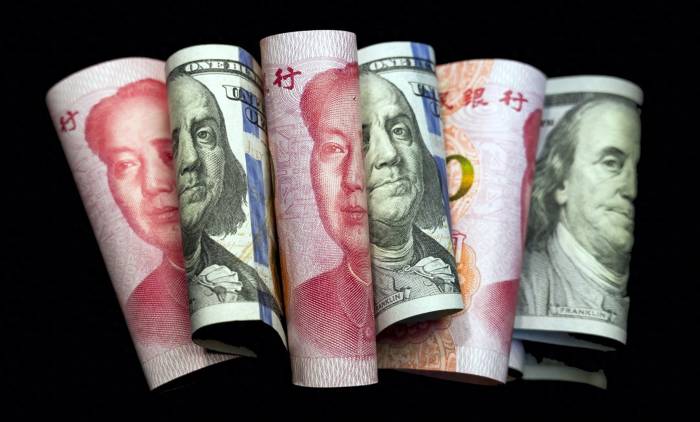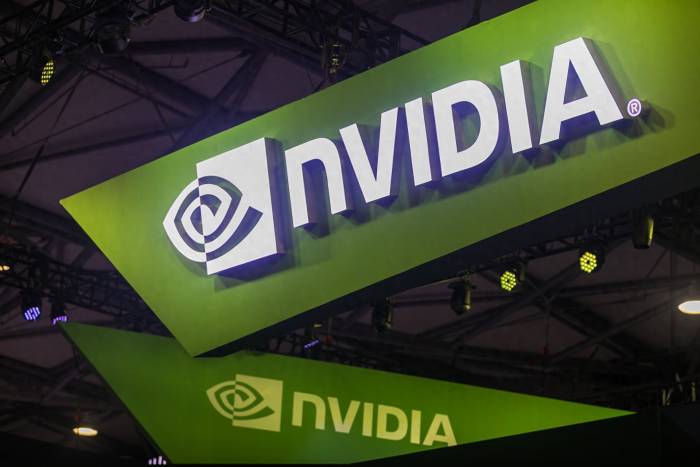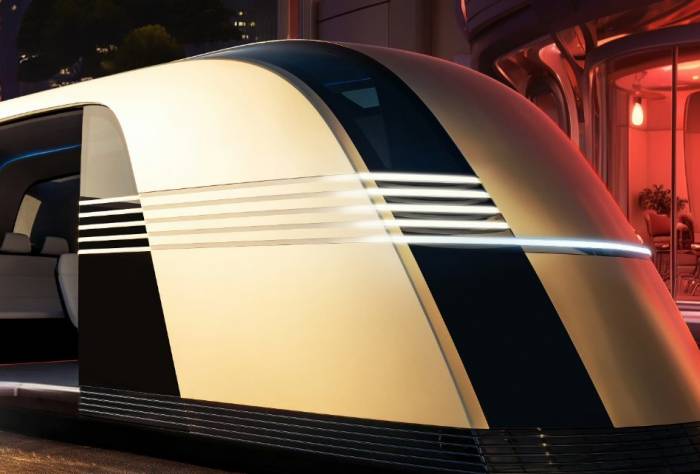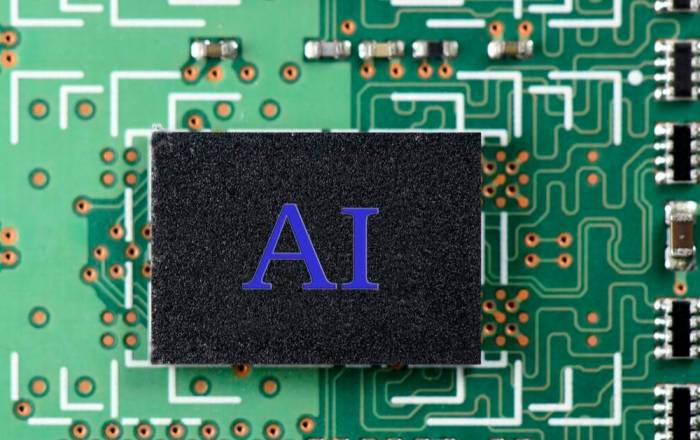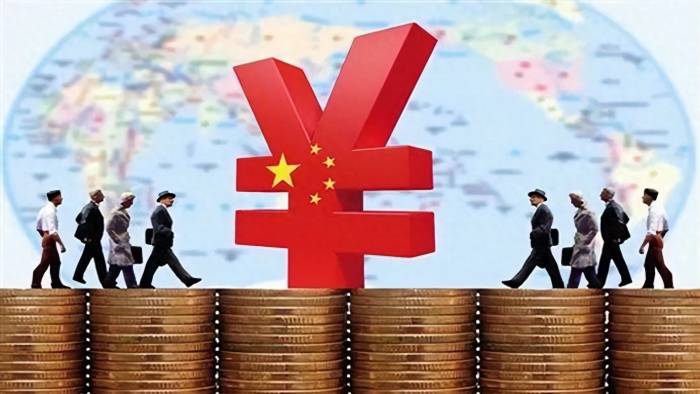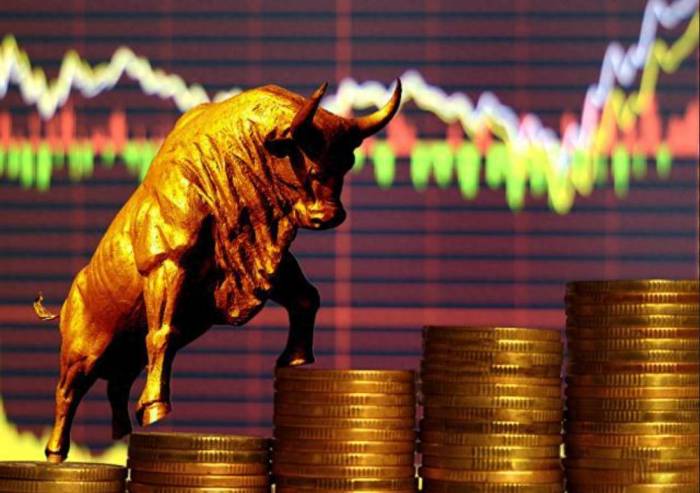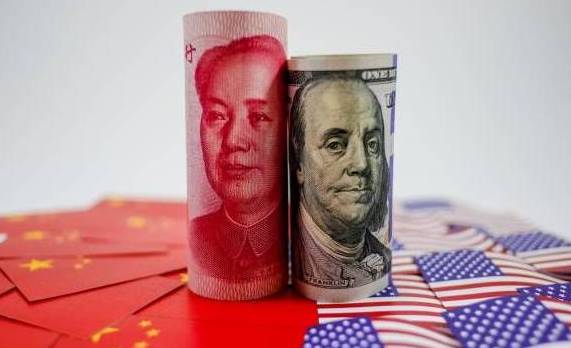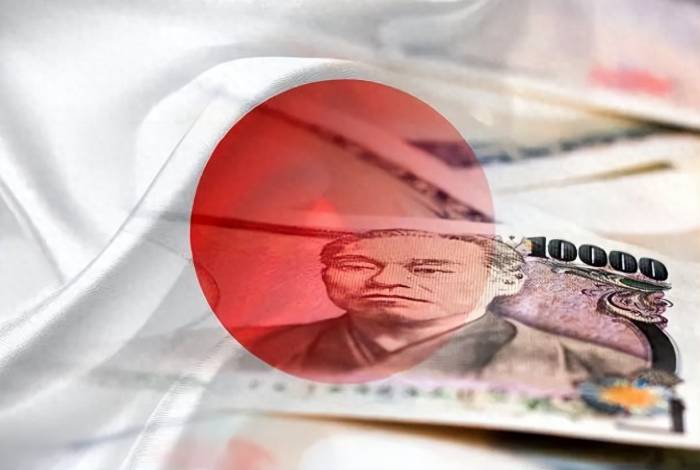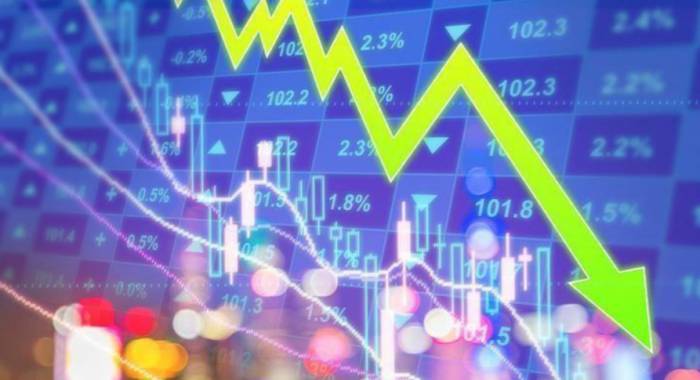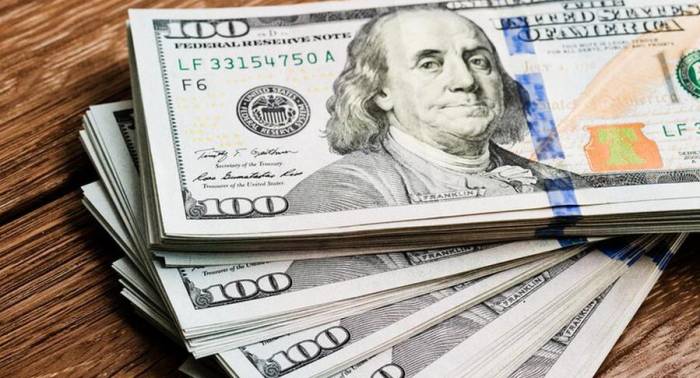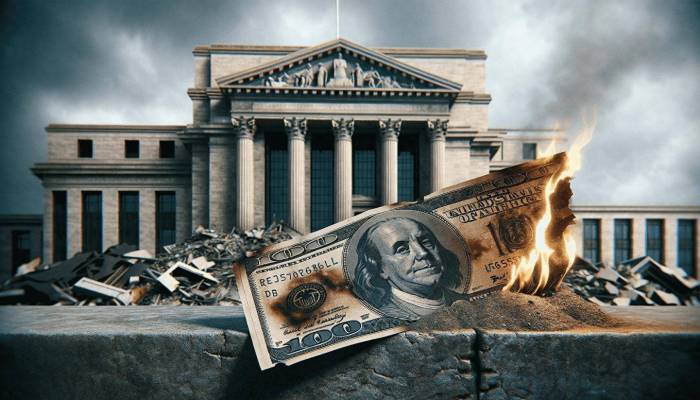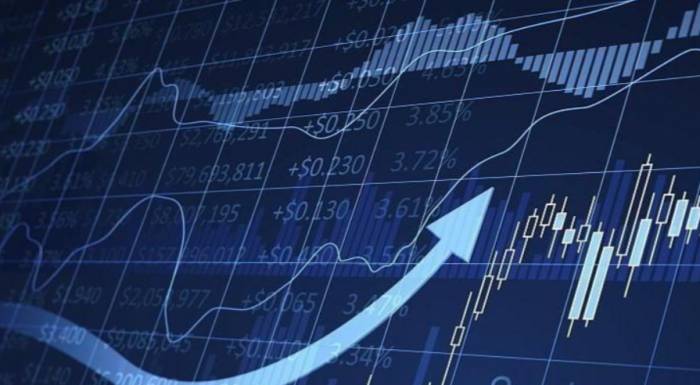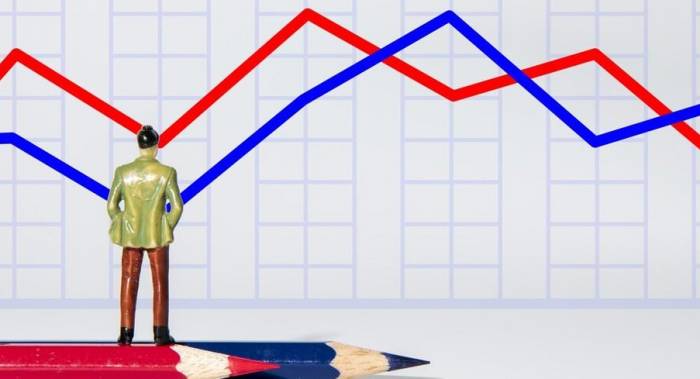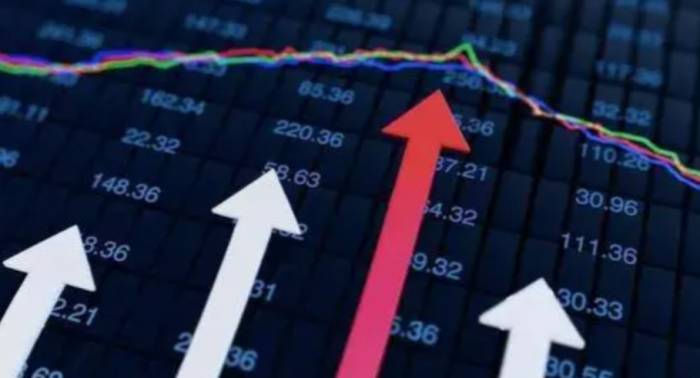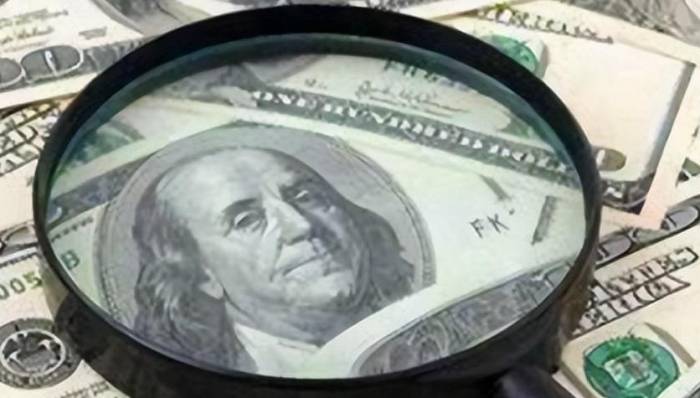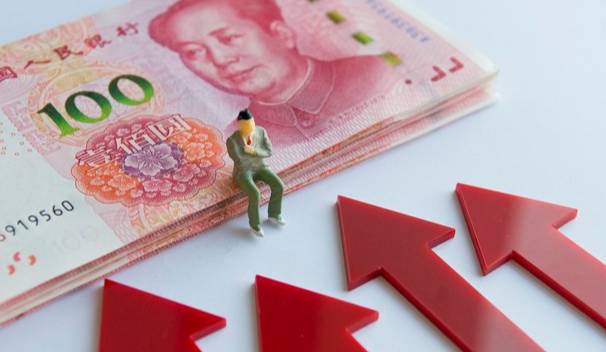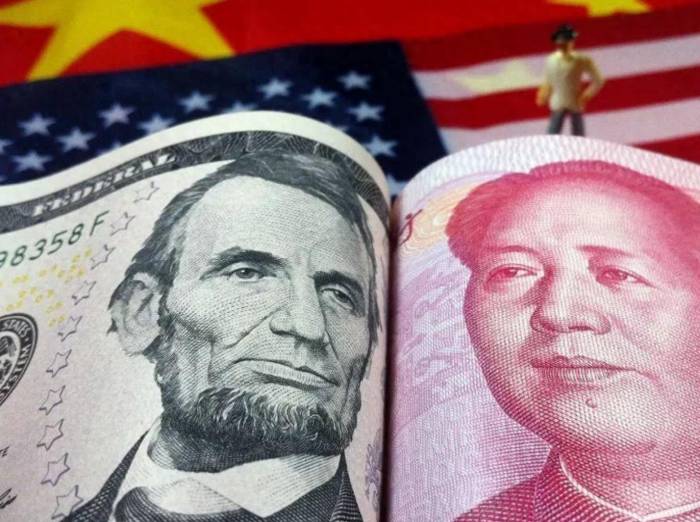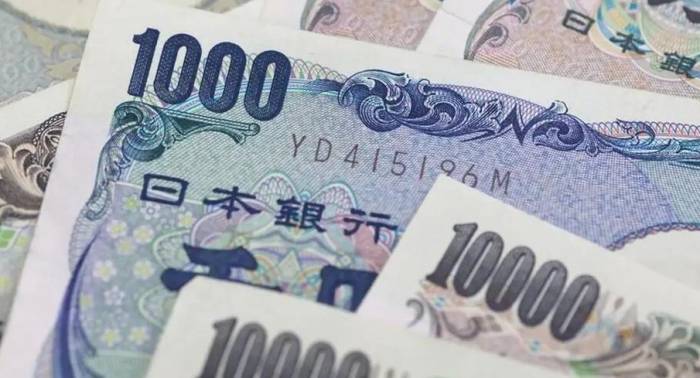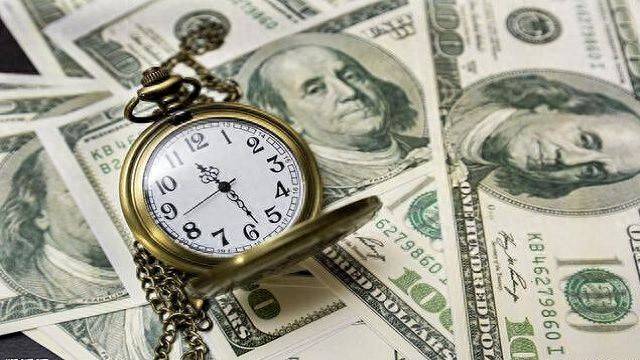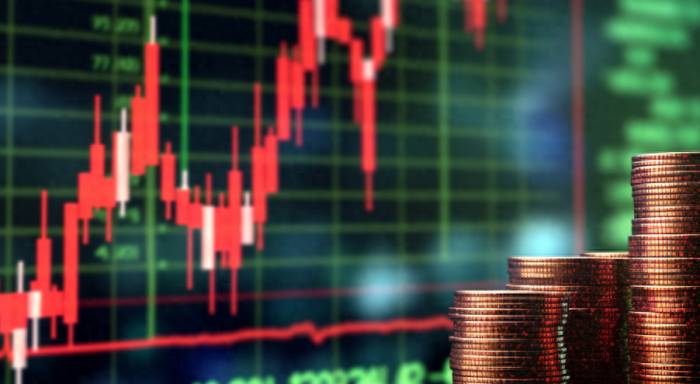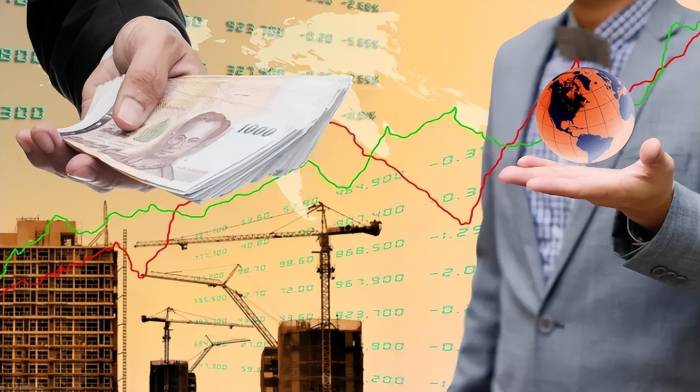In a stunning turn of events, Tesla's stock plummeted by a staggering 10% right after Elon Musk concluded his recent press conference. The loss in market valuation amounted to a whopping $470 billion, triggering various reactions among investors and the media alike. In the tech world, Tesla is often celebrated for its innovative capabilities and pioneering advancements, yet this latest incident shines a light on the controversies surrounding Musk's ambitious plans and the skepticism they provoke among investors.
While some hail Tesla's technology as vastly superior, others argue that innovations in autonomous driving could potentially displace human drivers, creating a ripple effect that could disrupt traditional job markets. In the United States, investors have shown signs of frustration, perceiving Musk's grandiosity as mere illusions or "pie-in-the-sky" ideas; in contrast, Chinese media outlets rave over the idea of relinquishing hand controls and pedals, showcasing an enthusiasm that differs sharply from the skepticism emanating from the West.
Looking ahead to the next five years, a perplexing question looms: will Musk be able to fulfill the hopes and dreams of his Chinese fan base regarding what they perceive as their 'American Dream'?
Following the press conference, many observers took to social media to express their discontent, likening the event to a poorly conducted amateur show that failed to live up to the reputation of Tesla as one of the leading tech companies globally. Attendees noted that, despite the announcement of eye-catching products, commercial viability remains uncertain until 2027—a significant delay that causes further angst among potential buyers and investors alike.
After the conference, media personnel, likely having collected their bonuses, struggled to highlight any other significant achievements outside of the grand piano of a concept showcasing a vehicle devoid of both steering wheel and accelerator. Comparatively, while Chinese carmakers are often accused of being too quick to market, Tesla seems to have risen early, only to find that they arrived too late.
The possibility of robotic applications—pioneered by Tesla—lagged even behind the fostered development of autonomous driving technologies, leading many to question not just the feasibility but the actual benefits of the innovations Musk champions. As a person entirely detached from the industry, I observe that the gadgets and concepts Musk continues to promote are undeniably intriguing: vivid memories of 2015 remain when I first witnessed Tesla's promotional video, envisioning Tesla's lasting legacy in the fabric of industrial history.
Nonetheless, there exists a stark contrast between prototypes and realities; ideas are abundant, especially within capitalist markets. The fundamental questions remain: Can these concepts transition from prototypes into full-scale production? Are they applicable at a level that can engage consumers sustainably?
And perhaps the most crucial concern for the capitalist landscape is: how lucrative can these innovations prove to be? Musk's history bears witness to the painful lessons learned from overreaching ambitions; Tesla once teetered on the brink of collapse primarily due to an overload of ambitious ideas that led to substantial market losses. These missteps are critical in understanding the recent fall in Tesla's stock price, plunging by 10% following Musk's ambitious announcements.
Many are left wondering if Musk's self-driving plans could ultimately mirror Tesla’s earlier struggles, perhaps fated to succumb to the same perils that grappled the company five years prior.
In an interesting observation, the current state of the Chinese automotive industry illustrates how landscapes have shifted. Back in 2019, when the factory in China was born, surveys of Tesla owners displayed a predominantly supportive attitude towards Musk, acknowledging his ability to disrupt and redefine the industry. Fast forward five years, and many of these same individuals express disappointment, no longer enchanted by Musk’s persona.
Among industry leaders in China, opinions about Tesla have become increasingly stringent. Some criticize the electric macaron as a flower cultivated in the Californian greenhouse, while others reveal a multitude of underlying issues masked by its grandeur. Post-2020, the Chinese web witnessed a fever pitch in Tesla adulation, elevating Musk to a near-mythical status—a status fueled by an almost cult-like reverence among enthusiasts.
However, discussions seldom touch upon Musk's tumultuous journey prior to Tesla's acceptance in China. Back in 2018, he was grappling with insolvency, considering offloading the entire business to Apple at a cut-rate as a means to achieve financial independence.
Compounding his challenges, during a troubled period leading to Tesla’s entry into the lucrative Chinese market, Musk faced an onslaught from prominent short-seller Jim Chanos, who publicly declared Tesla's stock worthless. Despite the trials and tribulations, Musk remained determined to break into China—a process that demanded extensive negotiation with high-ranking officials located in the country.
That endeavor was not merely for the sake of luxury; Musk eyed China for its vast market and unparalleled manufacturing capabilities while hoping to leverage the value added by the region’s burgeoning industrial capabilities. The partnership blossomed in grandeur.
Indeed, it was following Tesla's entry into China that Musk's legend began to cement. Ultimately, one could argue that without the immense support and opportunities provided by China, Musk's narrative and Tesla's achievements would look strikingly different.
Examining the manufacturing landscape, one observes that any nation's ability to produce vehicles reflects its overall manufacturing prowess. The automotive sector is frequently described as the "crown jewel" of industrial manufacturing due to its complexity and requirements.
In comparison to consumer electronics such as smartphones or laptops, automotive manufacturing demands a flawless execution across numerous stages: funding, technology, talent acquisition, mass production, cost management, administration, and marketing. Each segment must surpass minimum standards, continuously striving for excellence—that's the breaking point!
This is precisely why Tesla thrives in China but struggles to recreate its success elsewhere, such as in the U.S. and Europe. Building an exceptional luxury vehicle may be feasible with ample resources, yet the challenge lies in manufacturing 100,000 mainstream vehicles tailored for everyday family use—all within the boundaries of cost and timeline constraints, which test a nation’s manufacturing capabilities rather than an individual's charisma.
The global marketplace demands excellence across the board—every single practice area must meet high thresholds to emerge victoriously. In the evolving era of electric vehicles, Tesla has made significant strides across three dimensions: transformative travel solutions, advancements in smart technology, and the shift to sustainable energy solutions.
However, as we embrace the era of smart cars, the complexity escalates exponentially. Such vehicles require intricate interconnected networks and heightened frequency of usage. This transformation is far beyond simple car manufacturing; it necessitates substantial investment in infrastructure—an investment only realized through national will and the drive for innovation.
Can a billionaire schematize designs for roads and bridges exclusively for autonomous vehicles? Regardless of the chosen pathway to realize the dream of self-driving cars, each avenue hinges on robust industrial capabilities. Put bluntly, without China's exceptional manufacturing ability, these grand concepts remain out of reach.


